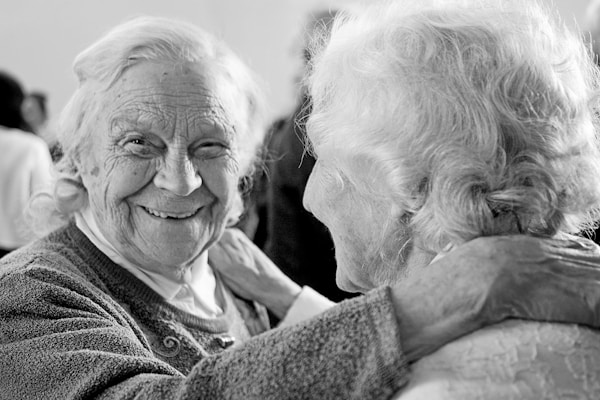Caring for an elderly loved one can be a rewarding and fulfilling experience. However, it can also be challenging, especially for those who are new to caregiving or are balancing their own lives and careers. In this article, we provide tips and insights for those who are responsible for the care and well-being of their elderly loved ones. Keep reading to learn more about how to provide compassionate and attentive support.
Understanding Their Needs and Preferences
One of the most important aspects of caring for the elderly is understanding their unique needs and preferences. This requires ongoing communication with your loved one and, if necessary, consulting with their medical professionals to ensure you are aware of any specific requirements they may have.
In addition to medical needs, consider their personal preferences and habits to make them feel more comfortable and secure. For example, if your elderly loved one enjoys a particular type of music, make sure this is available for them to listen to in their living space. Or, if they have a favorite meal, try to incorporate that into their meal plan as often as possible.
By taking the time to fully understand their needs, you can help create a more comfortable atmosphere and promote a sense of independence and quality of life for your elderly family member.
Creating a Safe and Accessible Environment

Another essential aspect of caring for the elderly is ensuring their environment is safe and accessible. It’s important to assess their living situation and make necessary modifications to minimize the risk of falls or other accidents. Some suggestions for a safer environment include installing grab bars in bathrooms, removing clutter and tripping hazards, and creating clear walkways throughout the house.
Moreover, consider renovating their home to ensure their safety. For example, you might want to search for “basement remodeling near me” online to remodel their aging basement and prevent mold growth.
Arranging for Respite Care and Personal Time
Caring for an elderly loved one can be both physically and emotionally demanding. As a caregiver, it’s essential to prioritize self-care and find ways to balance your personal, professional, and caregiving responsibilities. One way to achieve this is by arranging for respite care, which allows you to take breaks and engage in activities that recharge your energy and mental well-being.
Respite care can be provided by in-home caregivers, adult day care centers, or friends and family members. Taking time for yourself is not only essential for maintaining a healthy balance but also allows you to be present and provide the best care possible for your elderly loved one.
Additionally, consider utilizing adaptive equipment or assistive devices to allow for greater freedom and independence. These can include items like shower chairs, walker trays, or non-slip mats. For more advanced needs or additional support, you may consider hiring an in home health care to provide assistance and guidance.
Encouraging Social Engagement and Stimulation

Isolation and loneliness can have a significant impact on an elderly person’s overall well-being. By encouraging social interaction and mental stimulation, you can help improve their mood and cognitive function. This can be done through activities like participating in group outings or classes, inviting friends and family to visit, and engaging in games or hobbies together.
Incorporating activities that connect your loved one to their past or family history can also be beneficial. Consider going through photo albums, listening to stories about their life, or engaging in traditional activities or recipes from their culture.
Ensuring your loved one remains socially engaged and mentally stimulated can greatly enhance their quality of life and sense of purpose.
Overall, caring for the elderly loved one in your life involves understanding their unique needs, creating a safe and accessible environment, encouraging social engagement, and arranging for respite care for yourself. By following these tips, you can provide the best possible care and support for your loved one while also maintaining your well-being and personal life balance.








